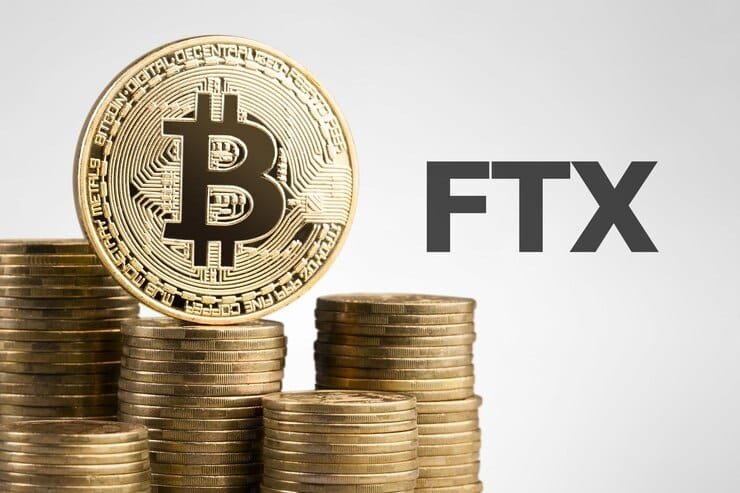Why is Binance P2P not working in Nigeria? Answer
Why is Binance P2P not working in Nigeria? Many Nigerians have been left wondering why they can’t access Binance’s peer-to-peer (P2P) platform, a popular avenue for buying and selling cryptocurrencies directly with other individuals. To understand the current situation, let’s first delve into what Binance P2P is and why it was widely used in Nigeria.
What is Binance P2P?
Binance P2P is a decentralized marketplace that connects crypto buyers and sellers directly. Users can post advertisements specifying their preferred payment methods, exchange rates, and desired cryptocurrencies. This allows for peer-to-peer transactions without the involvement of a central exchange, offering greater flexibility and control for users.
Why is Binance P2P not working in Nigeria?

The move was to ensure compliance with the Nigerian authorities, who have been in a battle against heightened inflation and economic instability in the country. The Binance NGN/USDT price cap blocked traders’ accounts that tried to sell above the limit.
Why was Binance P2P popular in Nigeria?
Binance P2P gained significant traction in Nigeria due to several factors. The platform’s user-friendly interface and diverse payment options made it accessible to a broad range of individuals. Additionally, with the Central Bank of Nigeria (CBN) previously restricting financial institutions from facilitating crypto transactions in 2021, P2P platforms like Binance offered Nigerians an alternative way to engage in the crypto market.
Recent Developments and Restrictions:
However, in February 2024, Nigerian users encountered limitations on the Binance P2P platform. These included:
- Limitations on P2P transactions: The ability to buy cryptocurrency using the Nigerian Naira (NGN) on P2P was disabled, and selling options were restricted.
- Allegations of government interference: There have been speculations of potential government involvement in these limitations, with some reports suggesting the CBN pressured Binance to implement these restrictions.
Conclusion
The future of Binance P2P in Nigeria remains uncertain. Resolving the situation will likely involve collaboration between the platform, regulatory bodies, and the Nigerian government. Clear communication and a transparent approach are crucial to address concerns and establish a sustainable framework for crypto activities in the country.
